In a statement today, ECB Governing Council member Peter Kazimir highlighted his preference delivering the first rate cut in June. Emphasizing the persistent nature of upside inflation risks, Kazimir pointed to factors such as workers’ pay, energy prices, fiscal policy, and the green transition as ongoing concerns that necessitate caution.
Kazimir’s stance is clear: “Rushing isn’t smart and beneficial,” he remarked, underlining the jeopardy to ECB’s credibility from a hasty policy adjustment.
According to him, “Only in June, with new forecast at hand, will the level of confidence reach the threshold.”
Also, he advocates for a “smooth and steady cycle of policy easing,” suggesting that the decision-making process should be grounded in comprehensive and up-to-date economic forecasts.
“Upside inflation risks are alive and kicking,” he asserted, emphasizing the need for vigilance. “The current picture clearly favors staying calm for the coming weeks and delivering the first-rate cut in summer,” he said. “The slowdown in inflation remains fragile — we can’t take it for granted.”




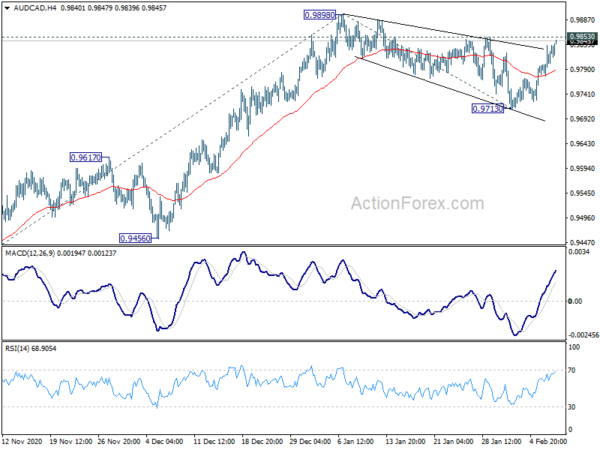
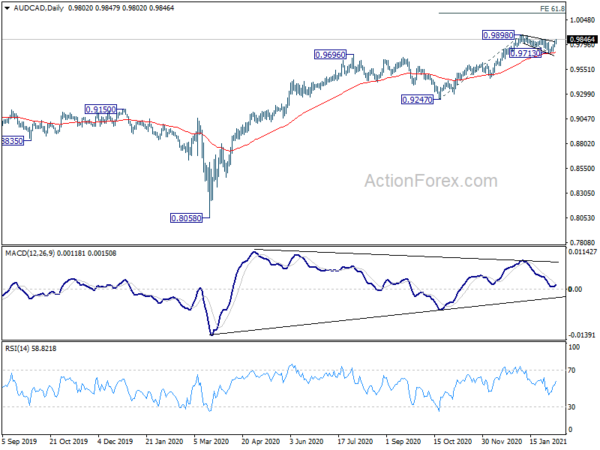
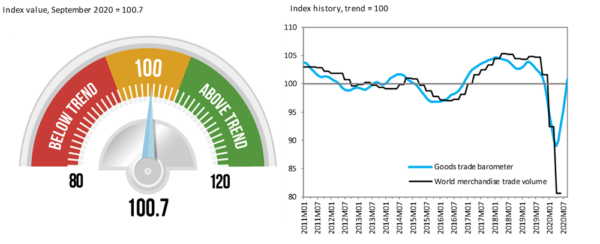
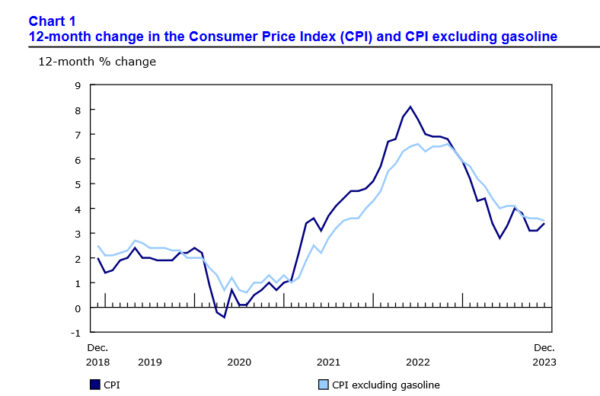
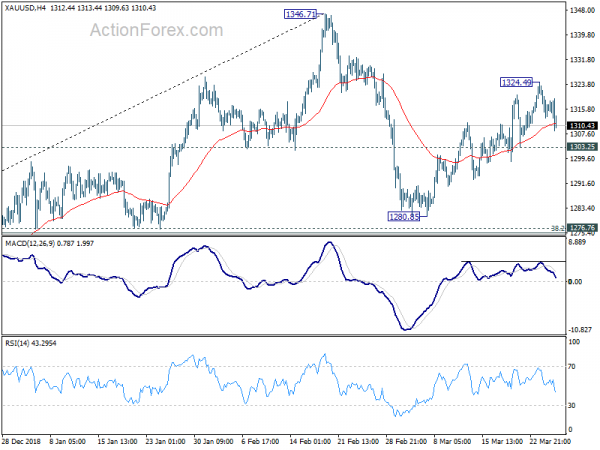
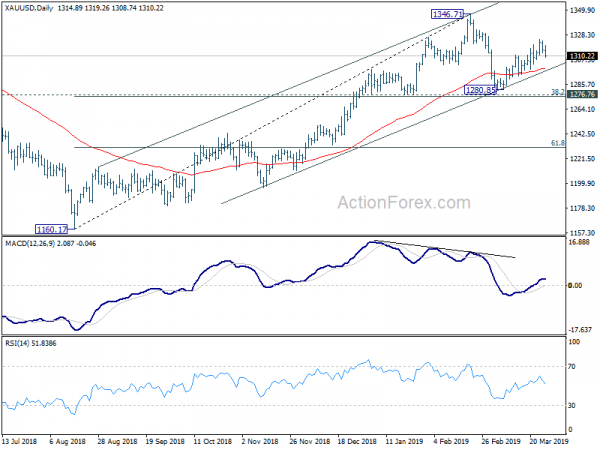
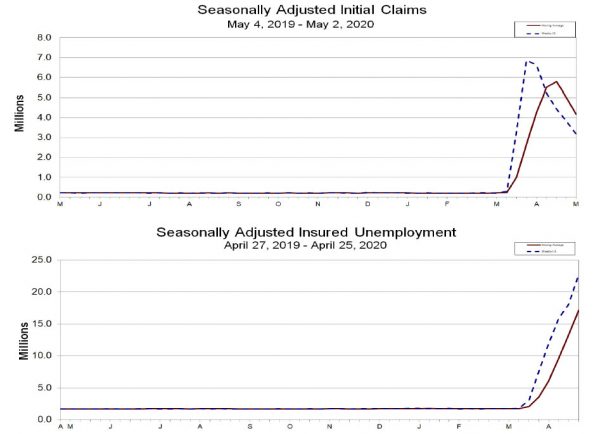
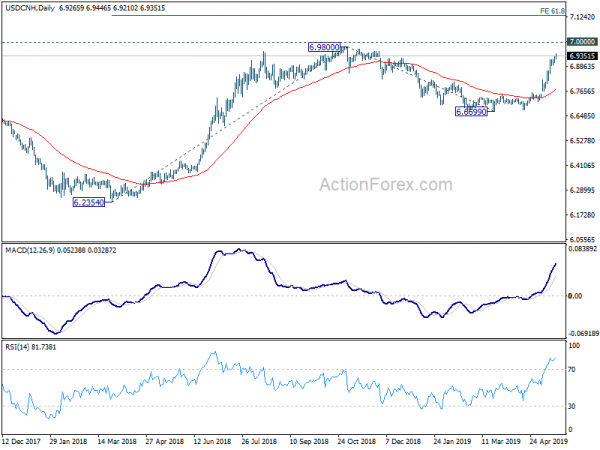
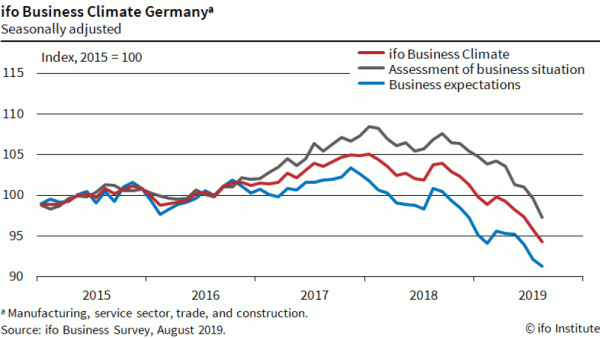
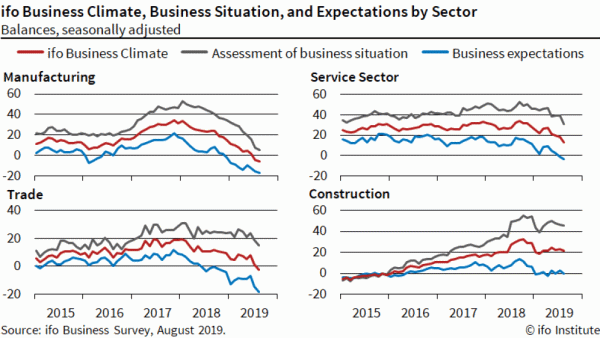
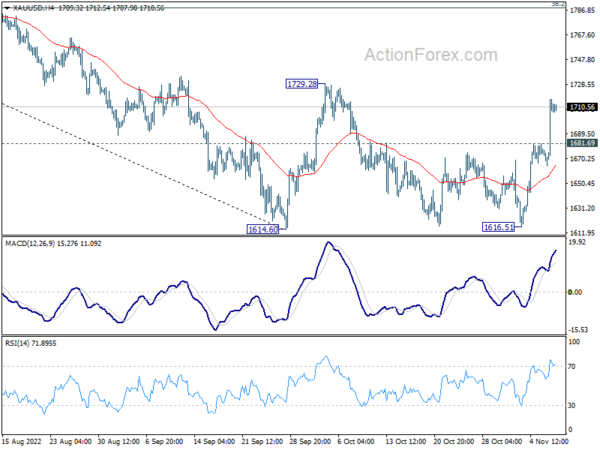
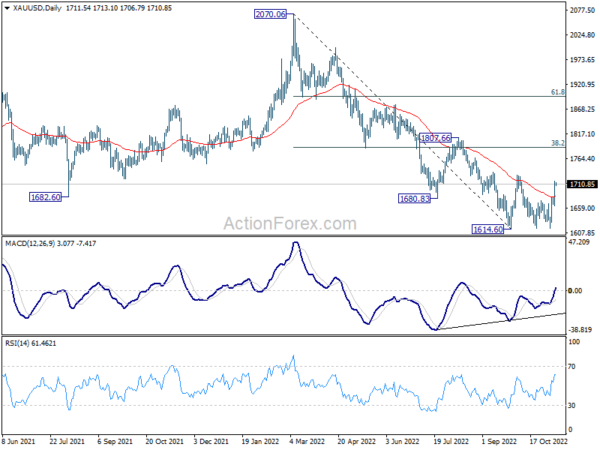
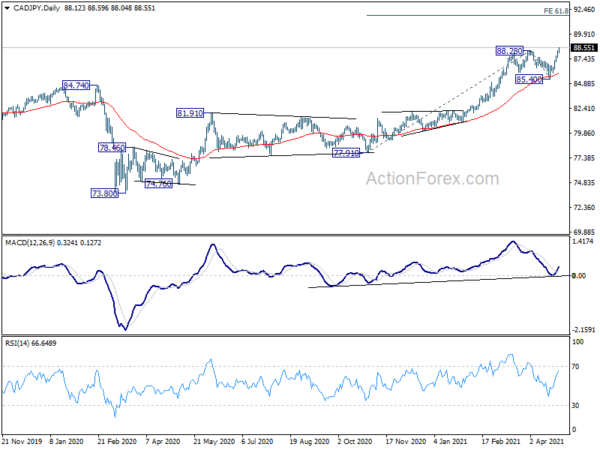
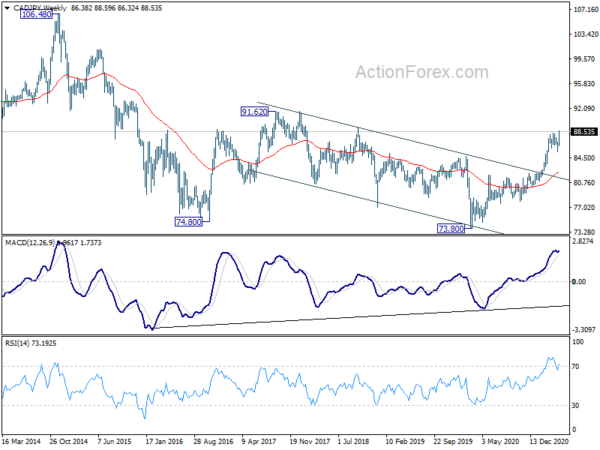
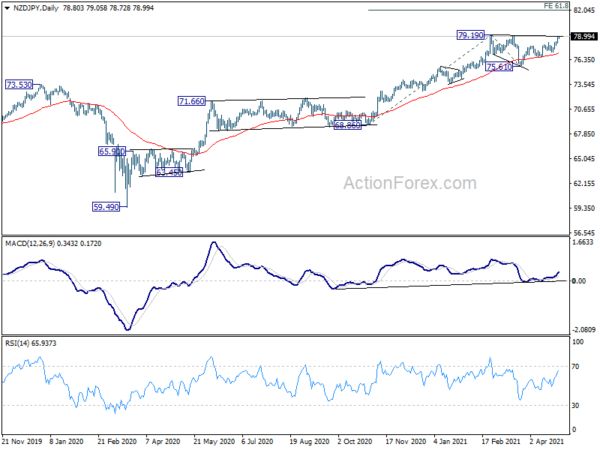
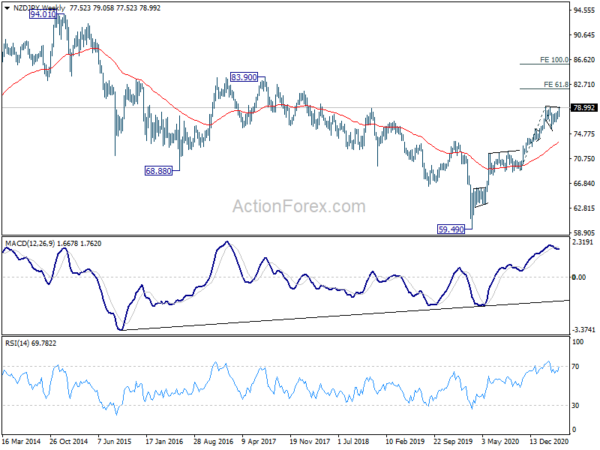


BoJ Kuroda: We don’t need to further expand the band around yield target
At the post meeting press conference, BoJ Governor Haruhiko Kuroda said, “We don’t need to further expand the band around our yield target…. It’s been not long since we decided on our measures in December. It will likely take some more time for the measures to start having an effect in fixing market function. With our flexible market operations, however, we expect market function to improve ahead… YCC is, therefore, likely to be sustainable.”
“Uncertainty regarding Japan’s economy is very high. It’s necessary to support the economy with our stimulus policy, to ensure companies can raise wages. By maintaining ultra-easy policy, we will strive to achieve our price target stably and sustainably accompanied by wage hikes,” he noted.
“Unlike in the past, we expect wages to rise quite a bit, when listening to comments from the business and labour union executives,” Kuroda said. “The pace of wage hikes is accelerating. But this is something we haven’t seen in the past… So we’re not 100% sure (whether) wages will indeed rise.”